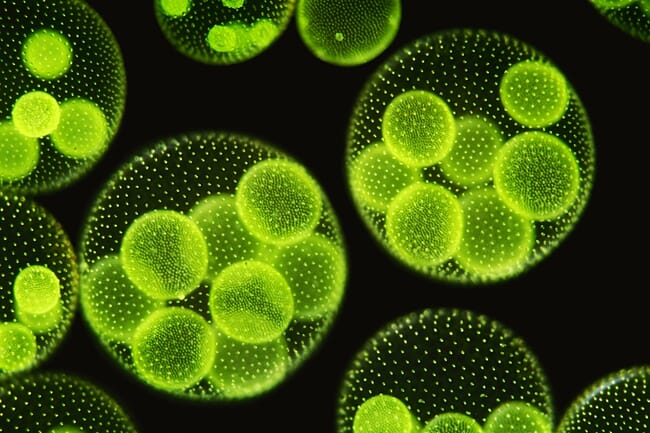
The project is being led by researchers from the University of Maryland Center for Environmental Science (UMCES), who are currently developing a scalable and deployable carbon-negative bioreactor system to capture the CO2.
The algae could then itself be processed into valuable products, including carotenoids and nutritional supplements - both for human consumption and for sectors such as the aquafeed industry.
“The outcome will be a scalable and deployable system in which the algae sequester carbon from flue gases. Innovations like these may prove to be a game changer for Maryland and the nation to meet greenhouse gas emissions reduction goals and ultimately move toward carbon neutrality,” said UMCES president, Peter Goodwin in a statement.
The project, A Highly Efficient Microalgae-Based Carbon Sequestration System to Reduce CO2 Emissions from Power Plant Flue Gases, will be led by Yantao Li, Feng Chen and Russell Hill of the Institute of Marine and Environmental Technology (IMET) in Baltimore.
The project is a continuation of long-term collaborative research between IMET and HY-TEK Bio, as well as Argonne National Laboratory.
“We built on our strength in using a microalgae-based system to reduce carbon dioxide emissions on an industrial scale while producing valuable products such as biofuels and carotenoids, phytonutrients that can be used as nutritional supplements,” said Yantao Li.
Researchers have identified microalgal strains that thrive when grown with flue gases released from the 3 megawatt methane-fired electric generating power plant at Baltimore's Back River Wastewater Treatment Plant. Through a bioreactor process, the algae can sequester the carbon dioxide and reduce sulphur oxide and nitrogen oxide emissions, combustion gases that contribute global warming.


